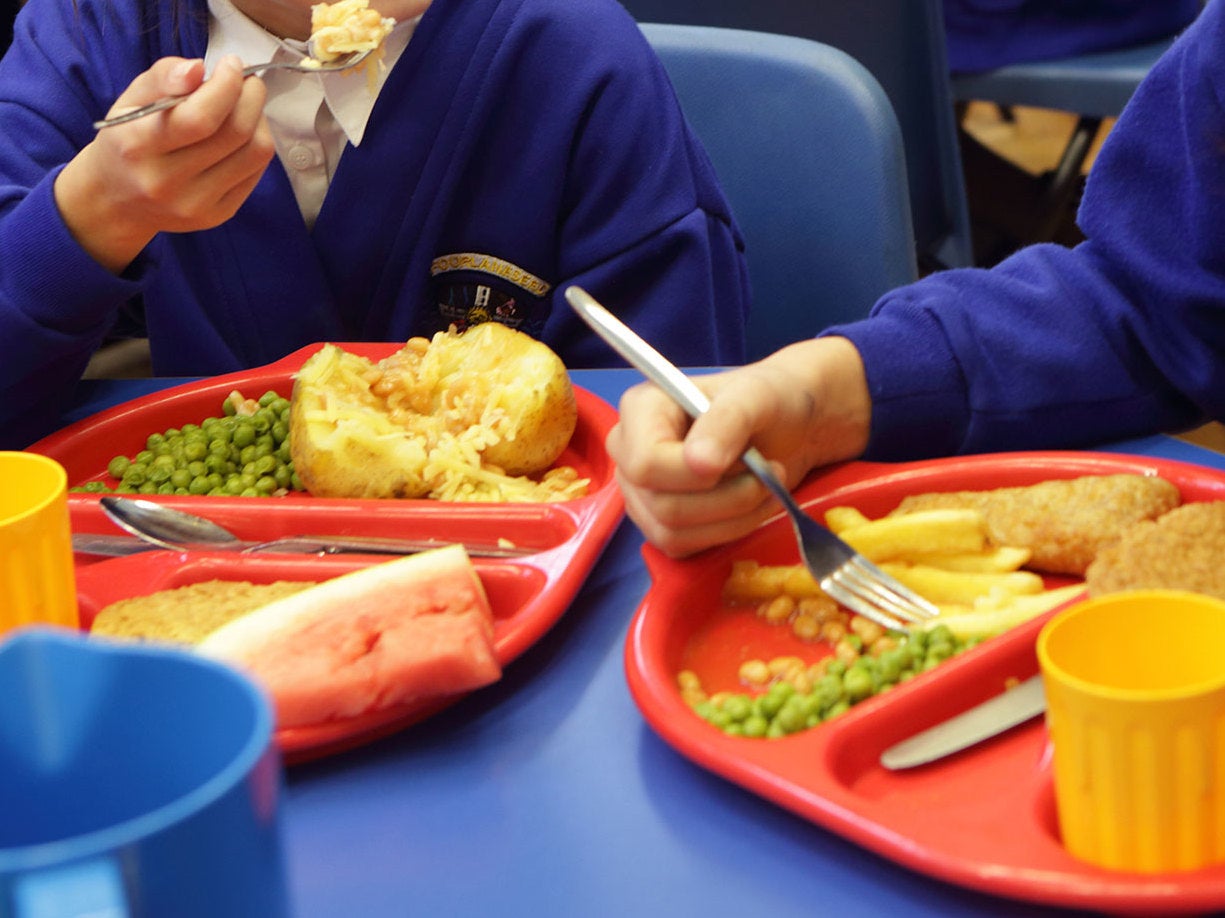The real tragedy of primary school places day is that it sets poor children up for a lifetime of failure
It is impossible to deny the extent of social inequality in the UK and how callously early it takes its toll on young lives


Today, right across Britain, envelopes setting out children's futures thudded onto the doormats of family homes. It's the annual day on which parents find out which primary school their child has secured a place at – and, in our deeply unequal society, children's life chances and opportunities are bound up in those envelopes.
Research from Teach First analysed data on Ofsted rankings for all schools in England and cross referenced it against the areas where the highest number of children living in poverty were located. It found that the poorest families have less than half the chance of sending a child to a top rated school as wealthy families. In fact, children from poorer families are four times more likely to be at weaker schools.
Of course, there should be no such thing as 'weak schools'; every child should be entitled to a high quality, nurturing and supportive education. But to pretend that it is a mere quirk of fortune that the richest children attend the best schools in the country, while poorer children are overwhelmingly more likely to attend underachieving institutions, is to deny the extent of social inequality in the UK and how callously early it takes its toll on young lives.
For many children, the first day at school isn't just about giddily donning their bright new uniform and school bag for the first time but represents their first encounter with deep rooted and state-sanctioned social inequality.
Placed in under-resourced, unstaffed, under-performing schools from the outset, poorer children do not receive the same quality of education as richer children – who may also find their education bolstered by expensive private tutors, educational hobbies encouraged by parents and, when it comes to the teen years, a network of professionals from whom to gleam work experience. This disadvantaged start has a lasting impact well beyond primary school. Its shadow is cast across GCSE and A-Level results and vocational qualifications, and eventually employment opportunities.
A report published last week by the all-party parliamentary group on hunger found that child hunger is a silent scourge in classrooms around the UK. More than one in five children at some primary schools in England start their first and final years of primary school underweight, an increase of 16 per cent since 2012. A fifth of children arrive to classes hungry every day and researchers found that for many children, their free school meal “may be the only hot food they eat each day.”
That the UK has a deeply unfair and class-based education system is, of course, not a revelation. From elite public schools dominating admissions at our top universities to pushy parents strategically buying properties in the right catchment area, the middle classes and the wealthy have always found a way of getting the most out of the education system at the expense of less wealthy and privileged children. Yet, scant attention is paid to how early years education informs or undermines life chances, and we fail to see quite how early educational inequality starts.
Perhaps one of the most disturbing and unfair aspects of disadvantage among primary school children is that, once they turn 18, children who come from poorer families are more likely to be wrongly smeared as “workshy” and “lazy” by our ‘strivers and skivers’ mentality. Under the prevailing neo-liberal ideology, which maintains that an individual's circumstances are the result of the choices they have made, poor children are destined to grow up to achieve less academically than their middle class counterparts and then be blamed by the rest of society for the social inequality that served them so poorly.
The class divide in primary school allocation, playing out today in homes and childhoods around Britain, shows that social inequality not about “lazy” or “lucky” children, but a government which presides over an education system designed for all and yet which penalises poor children from the start.


Join our commenting forum
Join thought-provoking conversations, follow other Independent readers and see their replies